A floor jack is an essential tool for lifting vehicles safely and effectively during maintenance or repair work. However, improper use of a floor jack can lead to dangerous situations, damage to the vehicle, or injury. Understanding the dos and don’ts of floor jack usage is crucial for ensuring safety and maintaining the longevity of your equipment.
In this guide, we’ll cover what you should avoid when using a floor jack to ensure safe operation and prevent accidents or damage.
One of the most important rules for using a floor jack is to ensure the surface you are working on is level and stable. Using a floor jack on uneven ground, such as a sloped driveway, gravel, or dirt, can cause the jack to become unstable and potentially tip over. This instability increases the risk of the vehicle falling, which can lead to serious injury or damage.
Always use a floor jack on a flat, solid surface like a garage floor or a paved driveway. For additional safety, make sure to chock the wheels that remain on the ground to prevent the vehicle from rolling while lifted.
Each floor jack is designed to lift a specific amount of weight, known as its weight capacity. Exceeding this limit can cause the jack to fail, resulting in the vehicle falling unexpectedly. It's crucial to check the weight capacity of your floor jack and ensure it is sufficient to handle the weight of the vehicle you are lifting.
Before lifting, consult your vehicle’s manual to determine its weight and ensure it does not exceed the floor jack’s capacity. Typically, jacks come with ratings like 2-ton, 3-ton, or 4-ton, so always choose the appropriate one for your needs.
One of the most dangerous mistakes you can make is working under a vehicle supported only by a floor jack. A floor jack is not designed to hold a vehicle for extended periods or as a substitute for jack stands. Hydraulic jacks can fail without warning, causing the vehicle to drop suddenly.
Always use jack stands to support the vehicle after lifting it with a floor jack. Place the jack stands under secure lifting points, as specified in your vehicle’s manual, and lower the vehicle onto the stands before working underneath. Never trust the floor jack alone to support the weight of the vehicle while you’re working.
Vehicles have designated lifting points that are reinforced to handle the weight of the car when being raised by a jack. Using a floor jack on the wrong part of the vehicle, such as under a body panel or exhaust system, can result in damage to the car and create unsafe lifting conditions.
Refer to your vehicle’s manual to locate the proper jack points. Using the correct lifting points ensures that the vehicle is balanced and prevents damage to its frame or other components.
Rushing while using a floor jack can lead to errors and accidents. Taking shortcuts, such as lifting the vehicle too quickly or not ensuring the jack is securely positioned, can create unsafe conditions.
When using a floor jack, take your time and follow the proper procedures. Slowly raise the vehicle to avoid shifting or instability, and make sure the jack is centered under the lifting point before applying pressure.
Like any tool, a floor jack requires regular maintenance to function properly. Neglecting maintenance can lead to hydraulic leaks, broken seals, or other malfunctions that compromise the jack’s performance.
Regularly inspect your floor jack for signs of wear, such as leaking hydraulic fluid, rust, or bent parts. Keep the jack clean, lubricate its moving parts, and store it in a dry, secure place when not in use. Following the manufacturer’s maintenance guidelines will help extend the life of your floor jack and ensure it operates safely.
Before lifting your vehicle, it’s essential to use wheel chocks to prevent the vehicle from rolling. This is particularly important when lifting one end of the car, as the remaining wheels on the ground can move if not properly secured.
Place wheel chocks on both sides of the wheels that remain on the ground. This simple step helps prevent accidental movement and keeps the vehicle stable during the lifting process.
Once your vehicle is lifted, it’s important not to leave it unattended for an extended period. The longer the vehicle remains elevated, the higher the risk of the jack or jack stands shifting or failing.
If you need to step away from the vehicle for any reason, make sure it is securely supported by jack stands. Never leave a vehicle raised on a floor jack without additional support for extended periods.
**Q: How much weight can a floor jack lift?**
A: The weight capacity of floor jacks varies, but common ratings include 2-ton, 3-ton, and 4-ton jacks. Always choose a jack with a capacity that exceeds the weight of your vehicle to ensure safe lifting.
**Q: Can I leave my vehicle on a floor jack overnight?**
A: No, it’s not safe to leave a vehicle supported solely by a floor jack for extended periods. Use jack stands to support the vehicle if it needs to remain lifted for any length of time.
**Q: What should I do if my floor jack starts leaking hydraulic fluid?**
A: If your floor jack is leaking hydraulic fluid, stop using it immediately. A leak can indicate a problem with the jack’s seals or internal components. Have it inspected and repaired by a professional before using it again.
Using a floor jack properly is essential for ensuring your safety and the integrity of your vehicle. Avoiding common mistakes such as lifting on uneven surfaces, exceeding weight limits, or failing to use jack stands can help prevent accidents and prolong the life of your equipment. By following the guidelines outlined in this article, you can safely and effectively use your floor jack for vehicle maintenance and repairs.
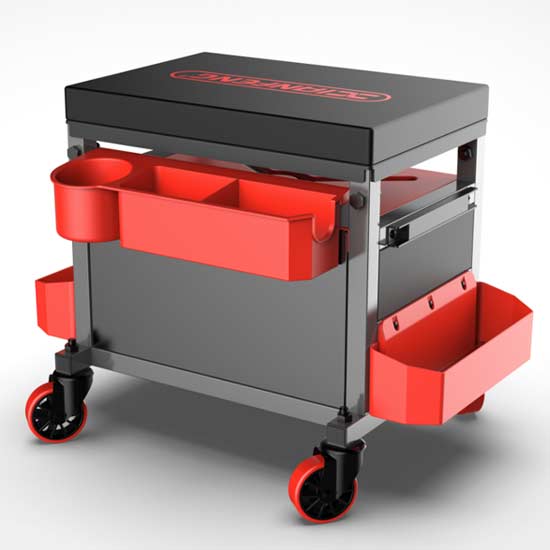 Tool seat
Tool seat
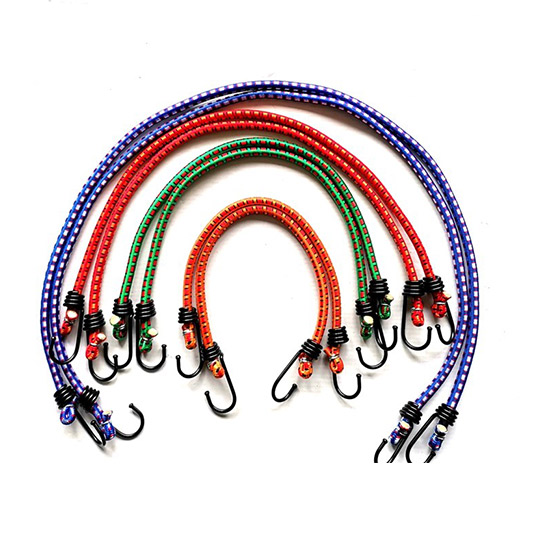 Stretch Cord
Stretch Cord
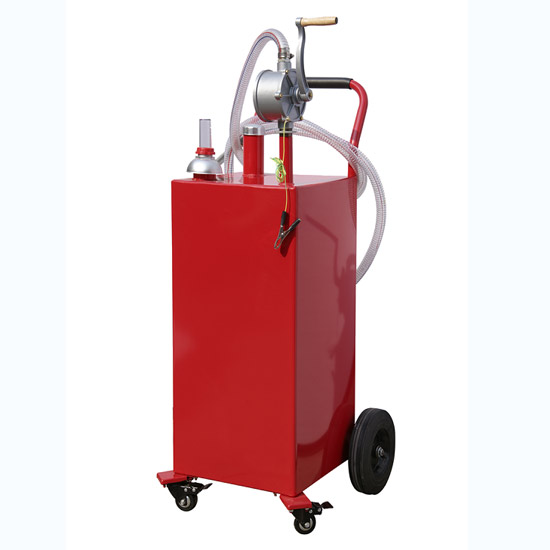 Oil Pump
Oil Pump
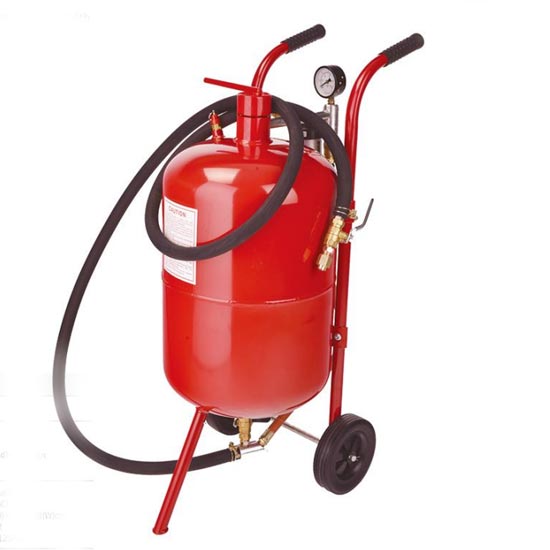 Sandblast Pot
Sandblast Pot
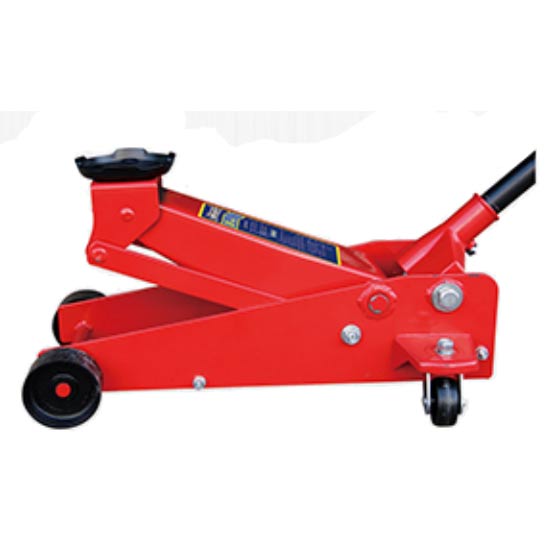 2.25 Ton Hydraulic Floor Jack
2.25 Ton Hydraulic Floor Jack
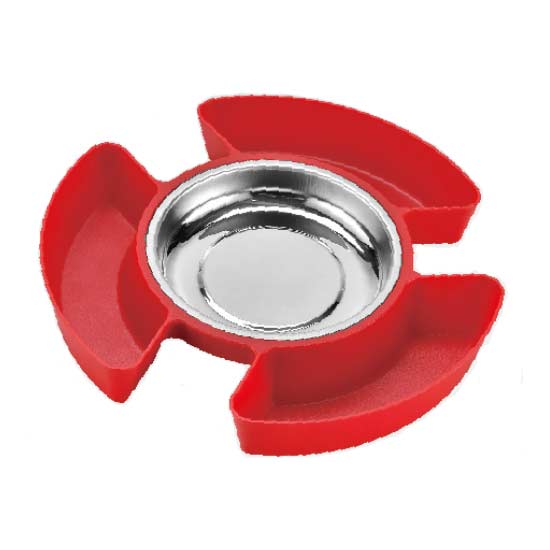 Magnetic Tray With Tool Plate
Magnetic Tray With Tool Plate
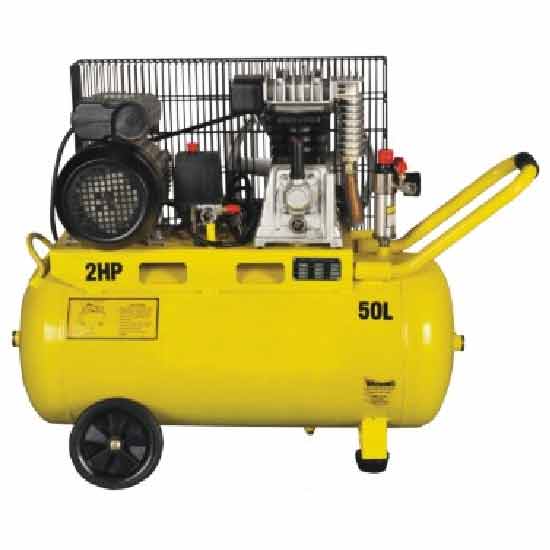 Single-stage Air-cool Movable Air Compressor
Single-stage Air-cool Movable Air Compressor
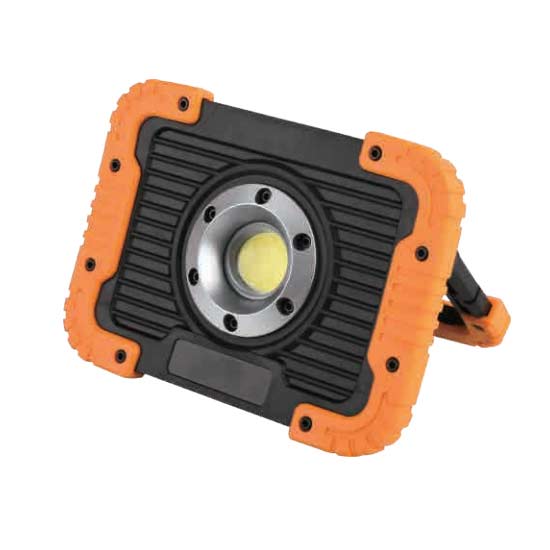 10W Rechargeable Led Flood Light
10W Rechargeable Led Flood Light
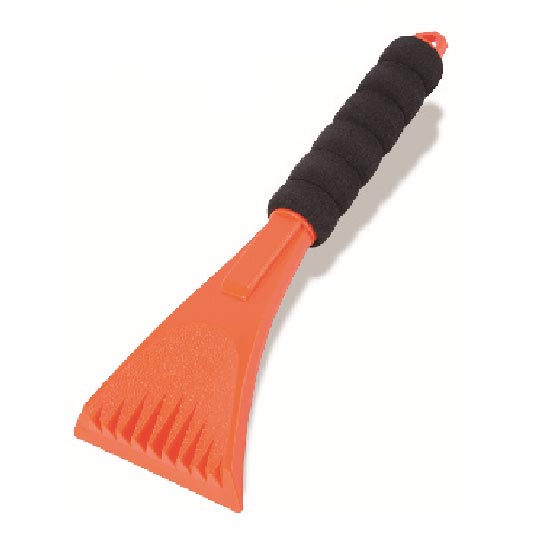 Ice Scraper
Ice Scraper
 Small Multimeter with Backlight
Small Multimeter with Backlight
 Jump Starter With 4 Led Lights
Jump Starter With 4 Led Lights
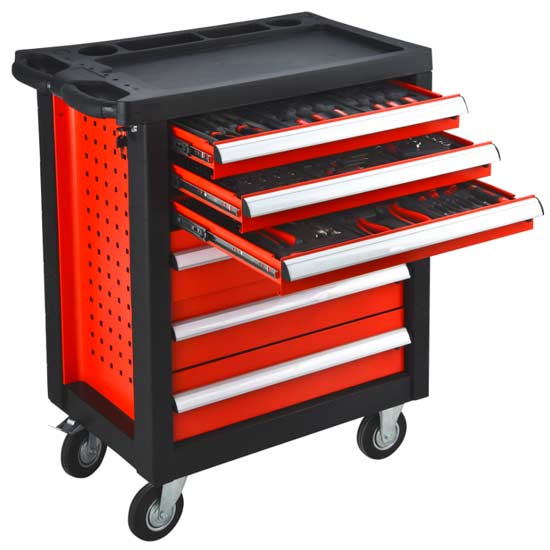 Steel Tool Cabinet
Steel Tool Cabinet
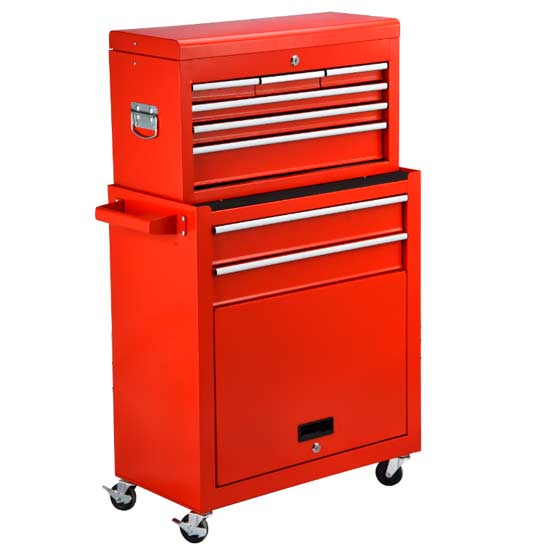 Large Tool Cabinet
Large Tool Cabinet
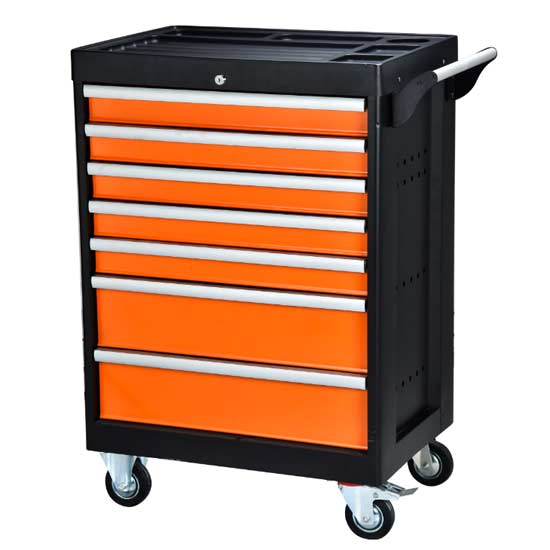 Tool Storage Cabinet
Tool Storage Cabinet
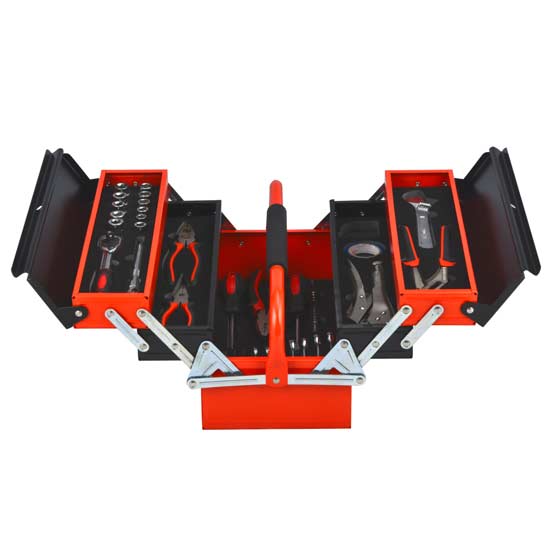 Metal Tool Box
Metal Tool Box
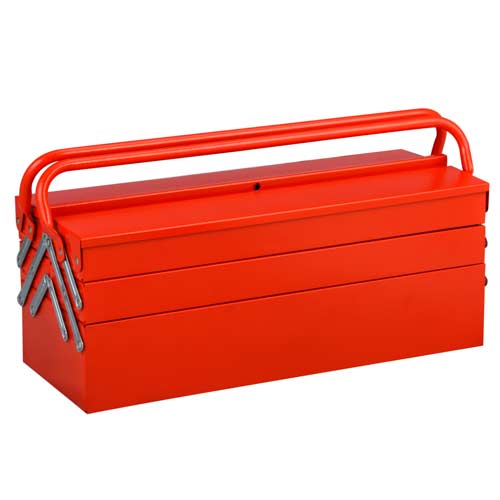 Large Metal Tool Storage Box
Large Metal Tool Storage Box
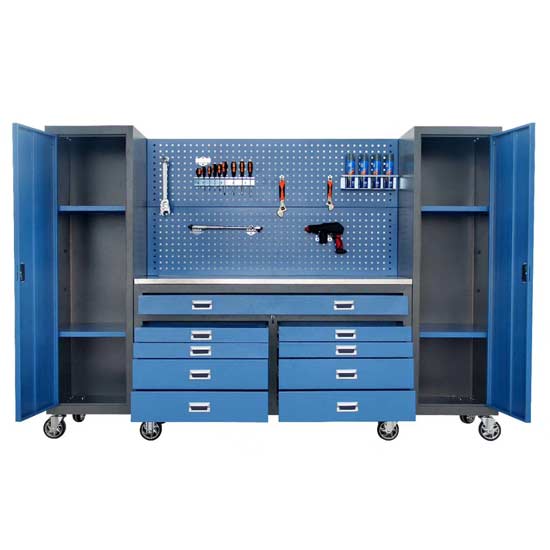 Blue Metal Tool Cabinet
Blue Metal Tool Cabinet
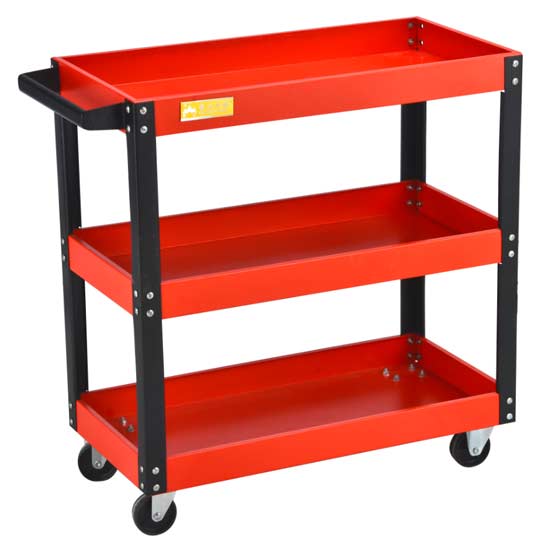 Red Steel Tool Trolley
Red Steel Tool Trolley
 Portable Tire Inflator
Portable Tire Inflator
 Custom Tire Inflator
Custom Tire Inflator
 Tire Pressure Pump
Tire Pressure Pump
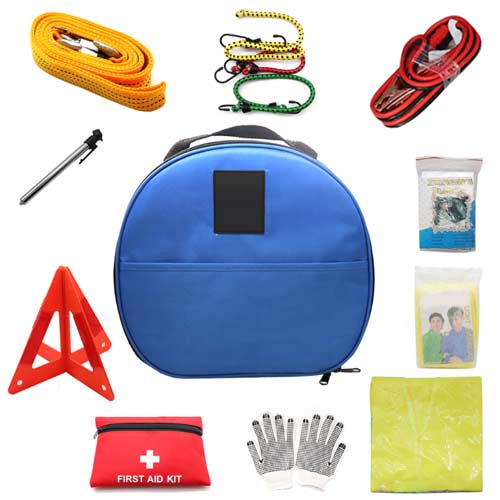 Auto Emergency kit
Auto Emergency kit